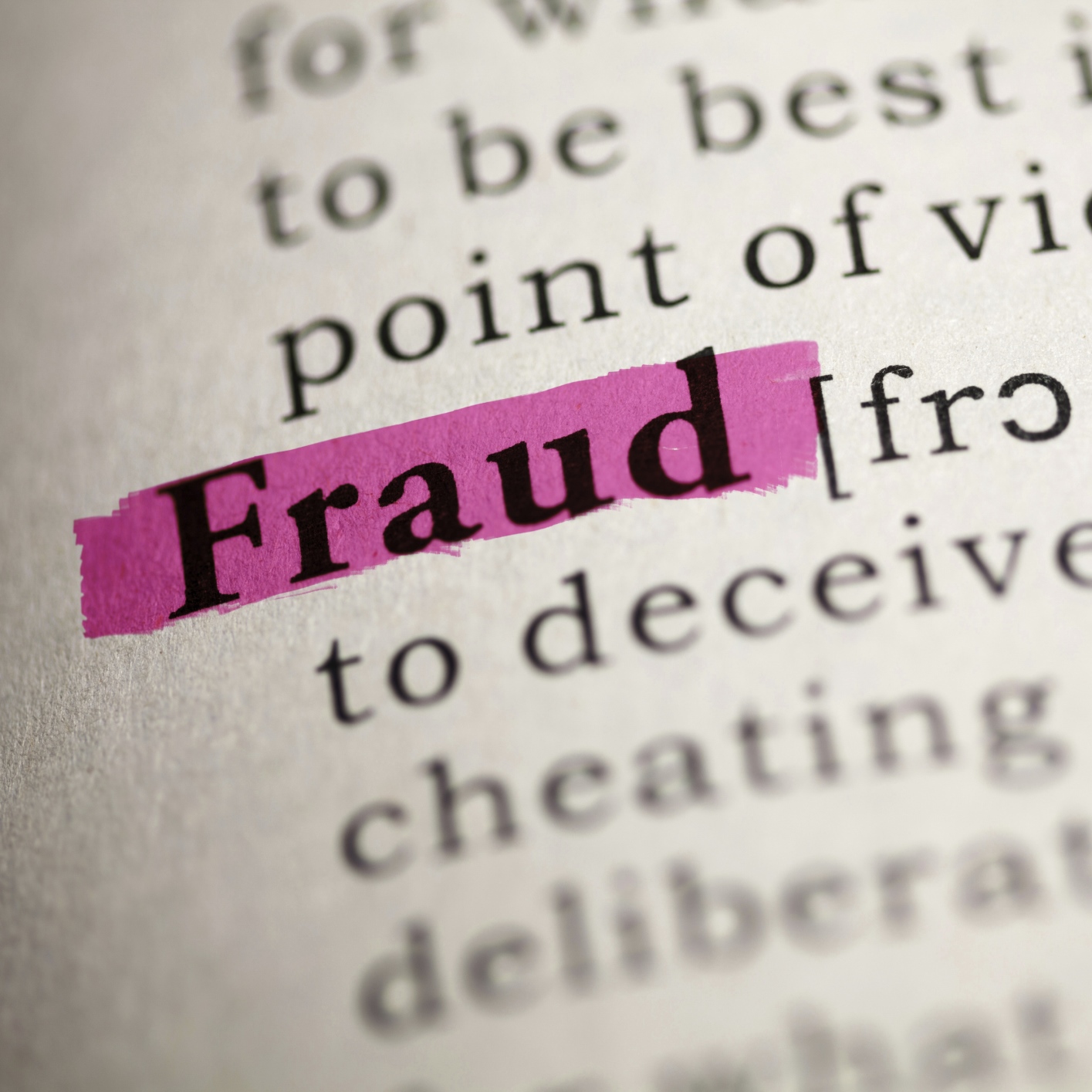Investing
SEC Charges Town Officials in New York With Fraud and Hiding Financial Troubles

Published:
Last Updated:

The U.S. Securities and Exchange Commission (SEC) recently announced fraud charges against Ramapo, N.Y., its local development corporation, and four town officials who allegedly hid a deteriorating financial situation from their municipal bond investors.
According to the SEC’s report, Ramapo officials resorted to fraud to hide the strain in the town’s finances caused by a $60 million cost to build a baseball stadium, as well as the town’s declining sales and property tax revenues.
Ultimately, they cooked the books of the town’s primary operating fund to falsely depict positive balances between $1.4 million and $4.2 million during a six-year period when the town had actually accumulated balance deficits as high as nearly $14 million. The stadium bonds issued by the Ramapo Local Development Corp. (RLDC) were guaranteed by the town, and certain officials also masked this operating revenue shortfall at the RLDC. The investors were unaware the town would likely need to subsidize those bond payments and further deplete its general fund.
Andrew J. Ceresney, director of the SEC Enforcement Division, commented:
Retail investors account for more than 75% of the $3.7 trillion municipal bond market, which is critical for our nation’s infrastructure and development. We won’t stand for public officials and employees who resort to alleged accounting trickery to mislead investors who are investing in their financial futures as well as the future betterment of our communities.
After town supervisor Christopher P. St. Lawrence purposely misled a credit rating agency about the town’s general fund balance before certain bonds were rated, he told other town officials to refinance the short-term debt as fast as possible because “we’re going to all have to be magicians” to realize the purported financial results.
Specifically the report detailed:
- Christopher P. St. Lawrence, who served as RLDC’s president in addition to being town supervisor, masterminded the scheme to artificially inflate the balance of the general fund in financial statements for fiscal years 2009 to 2014.
- St. Lawrence and Aaron Troodler, a former RLDC executive director and assistant town attorney, concealed from investors that RLDC’s operating revenues were insufficient to cover debt service on bonds to finance the stadium.
- Town attorney Michael Klein helped conceal outstanding liabilities related to the baseball stadium and repeatedly misled the town’s auditors about the collection of a $3.08 million receivable recorded in the town’s general fund for the sale of a 13.7-acre parcel of land to the RLDC. But because the title of the property was never transferred from the town to the RLDC, Klein also made misleading statements about the receivable’s source.
- Troodler helped conceal the fictitious sale and boost the account balance of the town’s general fund by approving RLDC financial statements reflecting a purchase of property that never actually occurred. Troodler also signed offering documents that contained an additional fabricated receivable totaling $3.66 million for another transfer of land from the town to the RLDC. The only land transferred from the town to the RLDC during the time of the purported transaction was property donated for the baseball stadium, which St. Lawrence and Troodler knew did not impose any payment obligation on the RLDC.
- The town’s deputy finance director Nathan Oberman participated in activities to inflate the town’s general fund by arranging $12.4 million in improper transfers from an ambulance fund to bolster the troubled general fund during a six-year period.
In a parallel action, the U.S. Attorney’s Office for the Southern District of New York announced criminal charges against St. Lawrence and Troodler.
Start by taking a quick retirement quiz from SmartAsset that will match you with up to 3 financial advisors that serve your area and beyond in 5 minutes, or less.
Each advisor has been vetted by SmartAsset and is held to a fiduciary standard to act in your best interests.
Here’s how it works:
1. Answer SmartAsset advisor match quiz
2. Review your pre-screened matches at your leisure. Check out the advisors’ profiles.
3. Speak with advisors at no cost to you. Have an introductory call on the phone or introduction in person and choose whom to work with in the future
Thank you for reading! Have some feedback for us?
Contact the 24/7 Wall St. editorial team.